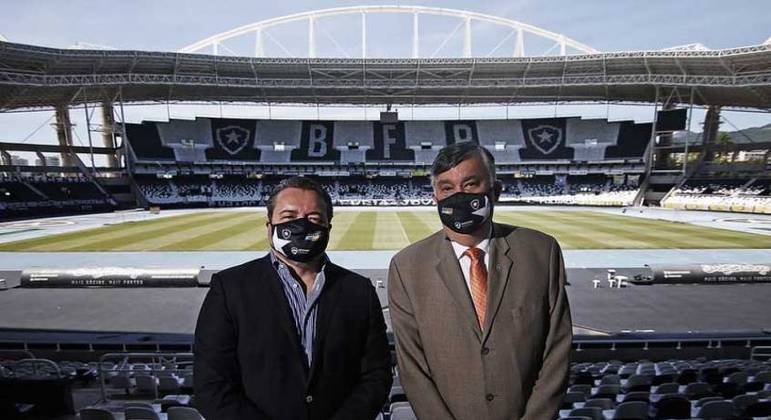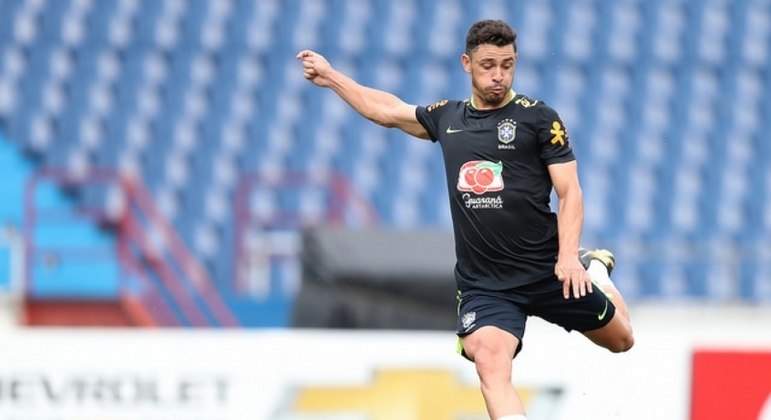[ad_1]
TOKYO – IOC President Thomas Bach arrived in Tokyo on Thursday as a spectator ban at the Tokyo Olympics is likely after Japanese Prime Minister Yoshihde Suga announced a state of emergency due to the increase in coronavirus infections in the capital.
Suga said the state of emergency would go into effect on Monday and last until August 22. This means that the Olympics, which will open on July 23 and end on August 8, will be played entirely under emergency measures. The Paralympic Games open on August 24.
“Given the impact of the delta strain, and in order to prevent the resurgence of infections from spreading across the country, we must step up virus prevention measures,” Suga said, announcing the emergency measures .
Bach largely avoided the cameras at Tokyo’s Haneda Airport, and on a rainy afternoon made his way to the International Olympic Committee’s Games headquarters in Tokyo, a five-star hotel in the center of the city. He would need to self-isolate for three days.
Bach’s arrival comes just two weeks before the opening of the postponed Tokyo Games. The IOC and local organizers are trying to hold the games during a pandemic despite opposition from the public and the Japanese medical community.
The main focus of the emergency is a request to close bars, restaurants and karaoke lounges serving alcohol. Banning the serving of alcohol is a key step in easing the Olympic festivities and preventing people from drinking and partying. Tokyo residents are expected to face stay-at-home requests and watch the games on TV from their homes.
“How to prevent people enjoying the Olympics from going out for drinks is a major problem,” said Health Minister Norihisa Tamura.
The current state of emergency ends on Sunday. Tokyo reported 896 new cases on Thursday, up from 673 a week earlier. This is the 19th day in a row that cases have surpassed the mark established seven days earlier. New cases reached 920 on Wednesday, the highest total since 1,010 were reported on May 13.
Fans from overseas were banned from attending the Olympics months ago. But just two weeks ago, the organizers and the IOC decided to allow the venues to be filled to 50% of their capacity but that the crowds not exceed 10,000 people. The state of emergency will force them to change their plans again, a decision likely to come later Thursday.
Soaring cases will likely mean that the venues will be without viewers, although sponsors and others may have access. The fanless atmosphere could include the opening ceremony at the $ 1.4 billion National Stadium.
The rise in infections has also forced the Tokyo city government to remove the Olympic Torch Relay from the streets of the capital, allowing it to operate only on remote islands off the Tokyo coast. It is not known how the torch will enter the stadium for the opening ceremony.
“The infections are in their phase of expansion and everyone in this country needs to firmly understand the severity,” said Dr Shigeru Omi, one of the government’s top medical advisers.
He urged authorities to take strict action quickly ahead of the Olympics, as the summer vacation approaches.
Omi has repeatedly called for a spectator ban and said it was “abnormal” to hold the Olympics during a pandemic.
Separately, a government advisory group on COVID-19 met on Wednesday and expressed concerns about the continued resurgence of infections.
“Two-thirds of infections in the capital region come from Tokyo, and our concern is the spread of infections to neighboring areas,” said Ryuji Wakita, director general of the National Institute of Infectious Diseases.
The Olympics are going forward against most medical advice, in part because the postponement has blocked the flow of IOC income. It derives nearly 75% of its revenue from the sale of broadcast rights, and estimates suggest it would lose between $ 3 billion and $ 4 billion if the Olympics were canceled.
About 11,000 Olympians and 4,400 Paralympians are expected to enter Japan, along with tens of thousands of officials, judges, administrators, sponsors, broadcasters and media. The IOC says more than 80% of residents of the Olympic Village will be vaccinated.
Nationally, Japan has recorded about 810,000 cases and nearly 14,900 deaths. Only 15% of Japanese are fully vaccinated, which remains low compared to 47.4% in the United States and nearly 50% in Great Britain.
[ad_2]
Source Link






